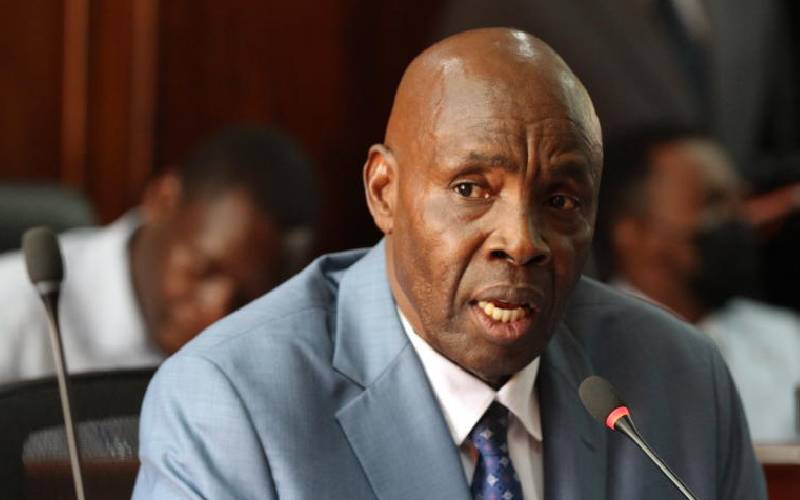×
The Standard e-Paper
Kenya’s Boldest Voice

Lacking any good ideas on the way forward, the government appears to be buying time in response to the chaos surrounding implementation of the Competency-Based Curriculum (CBC).
This week, we learned that Grade Six "graduates" will stay in the same primary schools, for now.